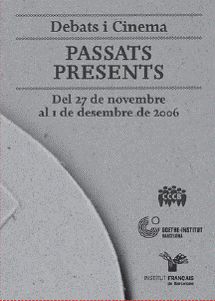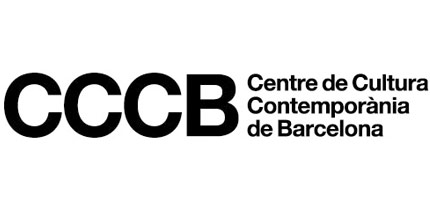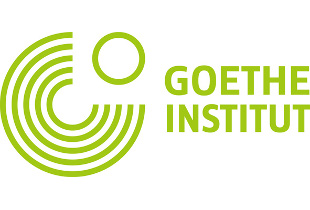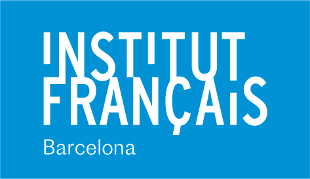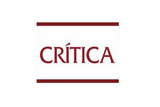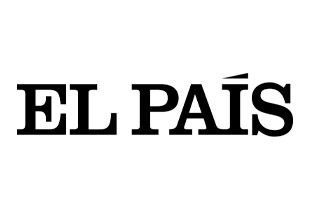Present pasts
Debate
Free
Contemporary European societies continue to be marked by deep-rooted underlying fractures wrought by the various conflicts of the 20th century. The Institut Français, the Goethe-Institut and the CCCB are organizing this seminar and film cycle to reflect on the fractures experienced in their countries and their impact today, at the heart of the European project: French colonization, Nazism in Germany and the Civil War and Francoism in Spain.
For decades, silence about some of the most traumatic events in the history of a number of leading European countries prevailed in their political and social scenes. However, people have now started to discuss the nature of Nazism and the Holocaust in Germany, the effects of colonisation in France, and the impact of the Civil War and the Franco dictatorship in Spain. The reopening of some of the most painful wounds in the respective histories of these countries has generated heated political debate that is frequently polemical in tone.
The uproar that followed the recent confession of the German writer Günter Grass that he served in the Waffen SS, the debate in the French National Assembly over France's responsibilities vis-à-vis its former colonies, and disagreement over the scope and appropriateness of the Law of Historical Memory in Spain are only some of the more recent examples of the political centrality today of these old social fractures.
Although these are events of a reach and nature that are in many ways not comparable, there are some common elements emerging in the debates that are now taking place around Europe: the periodical re-emergence of a traumatic past, the role of intellectuals, the presence of cultural symbols from the darkest periods of history, feelings of guilt, the desire for reconciliation, and the tension between memory and the oblivion of more recent generations.
In today's context of a united Europe, the Goethe Institute, the French Institute of Barcelona and the CCCB have decided to come together in organising these debates to reflect upon these fractures and their impact in present-day life in Germany, France and Spain. The panels will include well-known experts in the field and films will also be shown to illustrate the main themes of the discussions.
DEBATES In the CCCB
Wednesday 29 November, 7.30 p.m. SEEING THE PAST FROM THE PRESENT
Speakers:
Götz Aly, a German journalist, historian and sociologist who is internationally recognised for his work on the history of Nazism. He is author of the book La uptopia nazi (The Nazi Utopia - Editorial Crítica, 2006).
Pascal Blanchard, French historian, CNRS researcher, president of the Paris Association pour la connaissance de l'histoire de l'Afrique contemporaine and coauthor of numerous studies on colonialism.
Francisco Espinosa, historian and coordinator of the project Todos los nombres (All the Names), he has written numerous studies on repression during the Franco dictatorship as well as the book Contra el olvido (Against Oblivion - Editorial Crítica,2006).
Presented and moderated by: Miquel Berga, Dean of the Humanities Faculty at the Pompeu Fabra University of Barcelona, and organiser of the exhibition "Centelles. Les vides d'un fotògraf 19091985" (Centelles. A Photographer's Lives 1909 -1985).
Thursday 30 November, 7.30 p.m. SEEING THE PRESENT FROM THE PAST
Speakers:
Erik Meyer, a German political scientist, historian and philosopher, is a researcher inthe "Cultures of Commemoration" project at the University of Gießen.
Gilles Manceron, a French historian and editor-in-chief of the review of the League for Human Rights, Hommes et Libertés, is an analyst of France's colonial history.
Paloma Aguilar, lecturer in Political Science at UNED (the Spanish Open University), has written many works on the impact of the Civil War and the legacy of the Franco Regime in Spain.
Presented and moderated by: Michael Pfeiffer, lecturer in "Transformacions de la Memòria: Reflexions sobre la Cultura Escrita" (Transformations of Memory: Reflections on Written Culture) in the Humanities doctoral course at the Pompeu Fabra University of Barcelona.
FILM CYCLE: Institut Français in Barcelona, from 27 November to 1 December.
Presenters: Miquel Berga, Michael Pfeiffer
Moderators: Miquel Berga, Michael Pfeiffer
Participants: Götz Aly, Pascal Blanchard, Francisco Espinosa, Erik Meyer, Gilles Manceron, Paloma Aguilar
